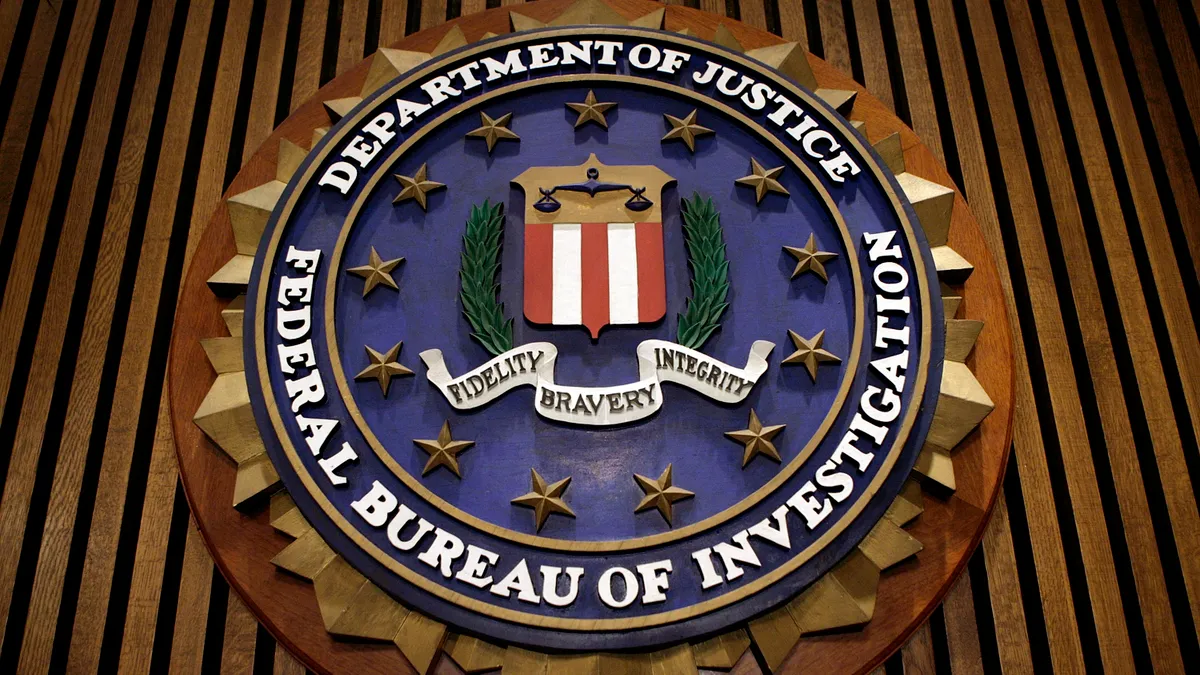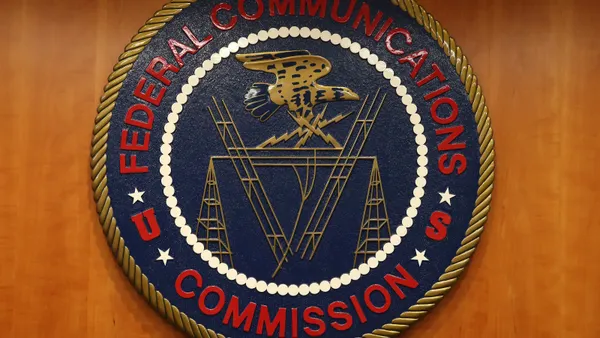Dive Brief:
- The FBI Internet Crime Complaint Center (IC3) released the 2024 annual internet crime report.
- The report found that Americans lost $16.6 billion to cyber fraud and internet crimes last year, up 33% from the previous year.
- Phishing, spoofing and extortion topped the list of complaints, but investment and business email compromise (BEC) scams cost victims the most money.
Dive Insight:
The latest IC3 report helps quantify the scale of cyber threats in the United States and serves as a reminder that common internet scams, not exotic zero-day vulnerabilities, cause the most serious harm to Americans on a daily basis.
Investment scams were, by far, the most costly type of internet crime in 2024, easily leading the pack with estimated losses of around $6.6 billion. Interestingly, investment scams were only the fifth most commonly reported type of internet crime, highlighting the disproportionate impact of individual scams. These schemes cost Americans $2 billion more last year than they did the year before, suggesting that they are becoming more profitable for criminals. The relative ease of perpetrating massive cryptocurrency scams could partly explain this increase.
The FBI’s report points to other possible trends in the popularity of certain digital attack and fraud tools — for example, the comparatively low annual losses attributed to botnets ($8.9 million) compared to those attributed to SIM-swapping attacks ($26 million) could indicate a need to refocus law enforcement and private-sector investigative resources accordingly.
Other figures highlight the stark disparity between the impact of attacks that exploit technical vulnerabilities and attacks that use technology to exploit human flaws. Several of the most costly crimes, including tech-support fraud, government impersonation and confidence/romance scams, rely less on malware than on persuasion.
BEC scams, one of the most financially devastating types of internet crimes, rely almost entirely on persuasion. Federal agencies have previously warned the public to be on the lookout for these threats















